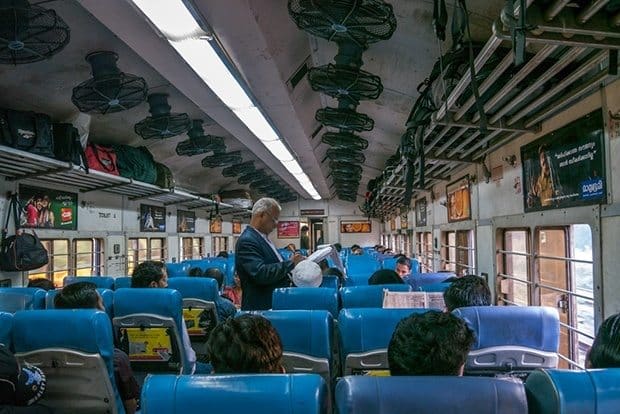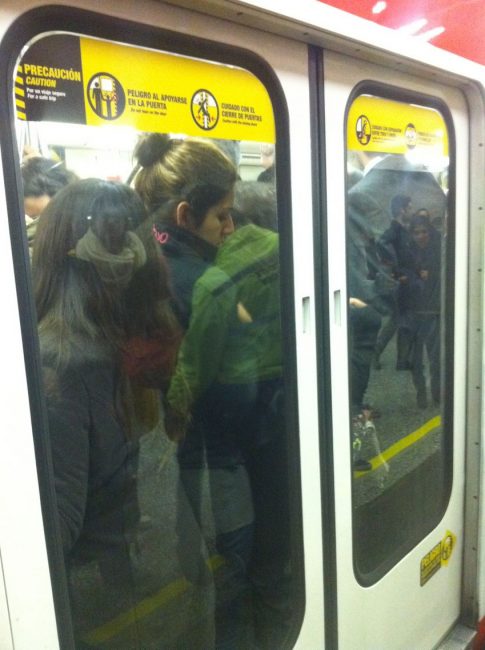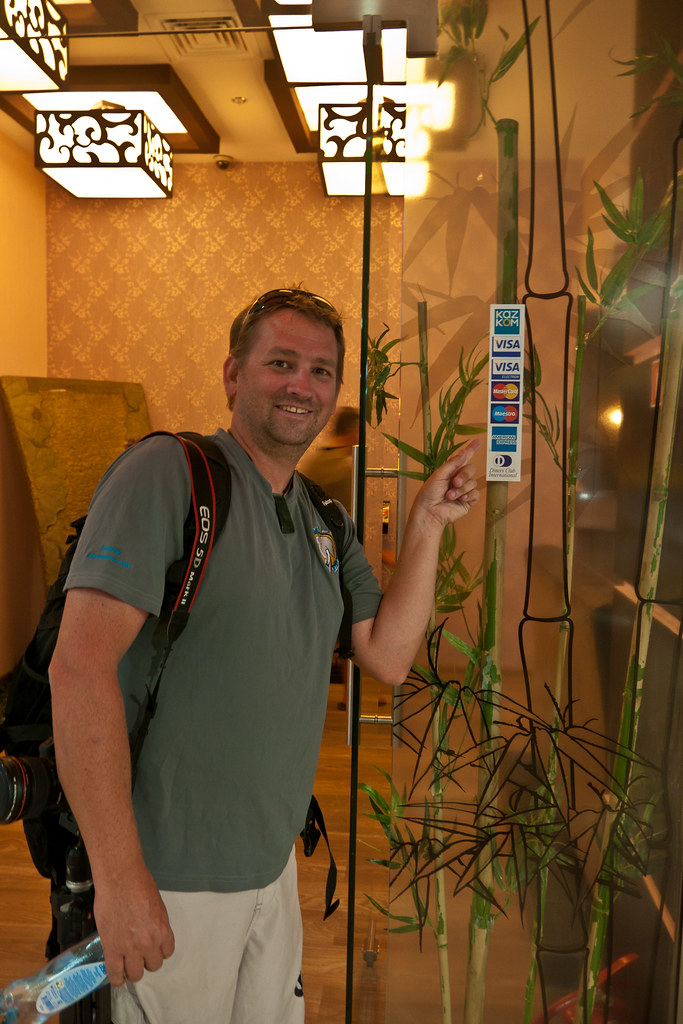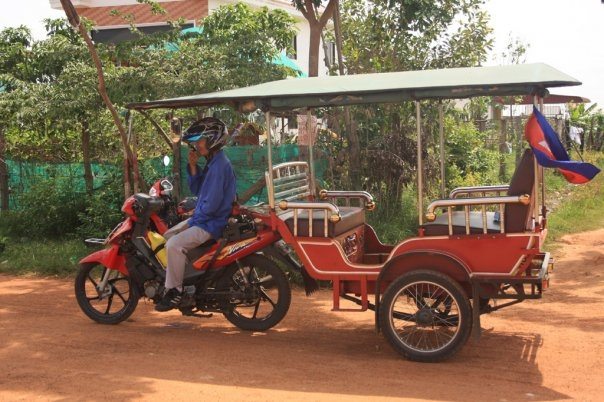Famous travel scams and how to avoid them:
In many large cities across the globe, thieves hunt travelers from the shadows. Quite similar to a lion, stalking its prey on the Serengeti, thieves aim to blend into their surroundings while staring intently at their next victim. I had a first-hand experience of this phenomenon on a recent trip to Buenos Aires when my friends and I decided to take the metro. This prompted me to share my tips to avoid the common travel scams around the world and how you can avoid them.

How to avoid common travel scams
Common Travel Scams
I was able to snag a seat, while the other two girls stood nearby chatting away in English. After five minutes, I noticed that the two men sitting right across from me were staring at them and the girls were completely oblivious. In the end, nothing happened, but it just goes to show that when abroad, many travelers are often being watched. That is why it is important to be aware of different common travel scams and know how to avoid them.
For more common travel scams, check out our post on Scams to watch out for in India

Metros are popular thief hangouts; keep an eye out and be weary of anyone paying too much attention to you and your valuables.
The good news is that, akin to lions hunting for weakened gazelles, travelers can avoid being robbed by being aware of their surroundings. Thieves are willing to take risks, but they also calculate those risks. Simply put; if you are confident, aware and most importantly, sober traveler than they’ll probably move on to an easier target. Easier targets for travel scams can include;confused travelers, drunken messes and overly anxious first-timers that tend to clutch their valuables in order to protect them.

A traveler’s chance of getting robbed greatly increases in highly dense tourist locations, so be careful!
Crooked opportunists take many shapes and forms and while your time abroad will probably be spent incident free, it is vital to be prepared. Here is a list of common travel scams to make it easier for you to spot the danger signs and avoid any sticky situation:
Fake Officials
Dave and Deb: When traveling you’d think that you should be able to trust the police or security. But every so often on trains and in the street you will come across fake officials who ask to see your documents. To get them back, they ask for a bribe. Don’t hand over your documents if you feel that something is fishy. Instead, ask them to take you to the police station where you will be happy to show your documents.

Fake officials on trains
On trains in India, we often had official looking gentlemen board the train complete with a notebook and official badge asking to see our tickets. When they looked at them, they said we were in the wrong class and asked for money. We fell for this once, but after another official came later, took look at our tickets, we realized we were just scammed.
Avoiding this scam can be tricky especially in a place like India where figuring out the train system is complicated. We often boarded the wrong compartment and had to pay an upgrade fee. We also knew that sometimes the trains are overbooked, but people don’t show up, so taking the chance in 1st or 2nd class and paying an upgrade fee is possible. The best way to avoid paying extra fees is to do your research. Ask the desk how much it is to upgrade on the train and know the full cost of the ticket before getting on. Officials will never ask for more money than they need.
Bump and Grab
The most common travel scam is the bump and grab, where a thief or a gang of thieves distract you with a shove/bump and then proceed to lift your valuables from your pocket and/or purse. This method is most popular on the metro. Victims of this method are often swarmed by several people who are pushing them, while at the same time, pick their pocket. Another trick is to grab the purse of someone standing/sitting near the door and get off the metro just as the doors are closing.
Also Read: Top Tips to Travel Health on the Road
The best way to avoid this travel scam is to be one step ahead of the thief. First, spread out all your valuables; never keep all your important documents, cards and/or your passport in one place. Second, never put a wallet or anything of value in either your front or back jean pocket. Furthermore, individuals should always opt for cross-body purses with zippers (no flimsy one button purses).
Bus Scams.
Some common travel scams include; a stranger helping you stow your bag above your seat while his accomplice pickpockets you or slashes your backpack. Another variation of this scam includes a Good Samaritan that was helping you stow you luggage suddenly takes off with your bag and/or hands it off to a runner near the front of the bus. The best way to avoid bus scams is to be extremely weary of overly helpful locals, never let your bags out of your sight, keep your most valuable possessions as close to you as possible and never allow strangers to touch or handle your bags.

Read: Night Bus, 11 Tips for Safety Survival and Sleep
Counterfeit money.

This type of travel scam is most common in restaurants and in cab rides. At the end of the meal/ride, you hand the employee a bill and he will claim that your bill is fake, return the bill to you and ask for a different type of payment. The problem is that you did end up giving him a real bill and while you weren’t looking he swapped the real bill with a counterfeit one. To avoid this type of scam, make sure to familiarize yourself with the country’s currency before arrival, pay close attention when paying and use exact change when you can.
‘You have gunk on you’ Scam

There are two variations of this scam but it starts out with someone putting something, such as mustard or ketchup (there have been reports of human/animal feces being thrown at travelers), on your body. The thief will either smearsomething on your back or the substance will be thrown at you from an unknown location. Then, a seemingly innocent bystander will come to tell you that you have something on your back or offer you a tissue.
The point of this travel scam is to get you to take off your backpack, purse and/or camera. If someone tells you that you have something on your back, do not take off your backpack to check! Instead keep walking, ignore any Good Samaritans and only remove your bags when you are in a safe and secure location.
Check out: Lessons Learned from Being Mugged Abroad
ATM Scams

Always use ATMs in reputable banks and if the ATM sucks in your card, refusing to give it back, then go into the bank immediately. In Chile, for example, many of the outside bank ATMs would require someone to scan their card to gain entrance into the ATM area and only one person was allowed inside at a time.
ATM skimmers can apply different methods in order to steal your card and relevant banking information. A skimmer is a device that can be attached to the mouth of an ATM and will secretly note down credit and debit card information when customers slip their cards into the machine.
Read: Is it Safe to Visit Iran?
Another method of this travel scam is to place a sticky or plastic slip inside of the slot, which will cause your card to get stuck in the machine. Once again, a Good Samaritan will be on hand to “help” you and might suggest that you call the phone number, often a fake number, on the machine for help. In the end, never give out your personal pin to anyone in person or on the phone. If you end up loosing your card, call your bank immediately and cancel the card.
If It’s Too Good to Be True, It is

Dave and Deb: We’ve fell for this travel scam. Someone offers you a ride for a price that seems too good to be true. You hop in the taxi or in Asia it is often a tuk tuk, and instead of taking you to your requested destination, your driver takes you all around the city stopping at gem dealers, carpet shops and tea houses. You end up in the completely opposite direction of where you asked to go and the only way to get back is to appease them and go into all the shops wasting your day.
The way to avoid this travel scam is to know the approximate amount of your cab fare before getting in the taxi. And if the price sounds too good to be true, it probably is.
In the end, the best thing that you can do to avoid these travel scams is to be prepared. The internet should be your best friend, Google should be used religiously and you should never leave the house without proper travel insurance. Remember to be aware; be cautious, but most importantly have fun!
Have you ever been duped? Tell us what Common Travel Scams you’ve fell for around the world.
Oyo Rooms
Offer : Get 25% off on couples check-ins
Coupon Code : OYOCPL
Landing Page : https://www.oyorooms.com/
Affiliate URL : https://linksredirect.com/?pub_id=11719CL10653&url=https://www.oyorooms.com/deals/cpl-local%3Fid=133
Valid till : 29th June, 2016
Terms and conditions :
For check-in till 31st August
Minimum qualifying amount - Rs. 999.
Offer not valid on select hotels across India.
Offer valid on bookings made using OYO Website.
You will be entitled to a discount of twenty five percent (25%) of the booking price or Rupees One Thousand (Rs. 1000/-) whichever is less.
All bookings are subject to availability.
Discounted bookings cannot be modified.

No comments:
Post a Comment